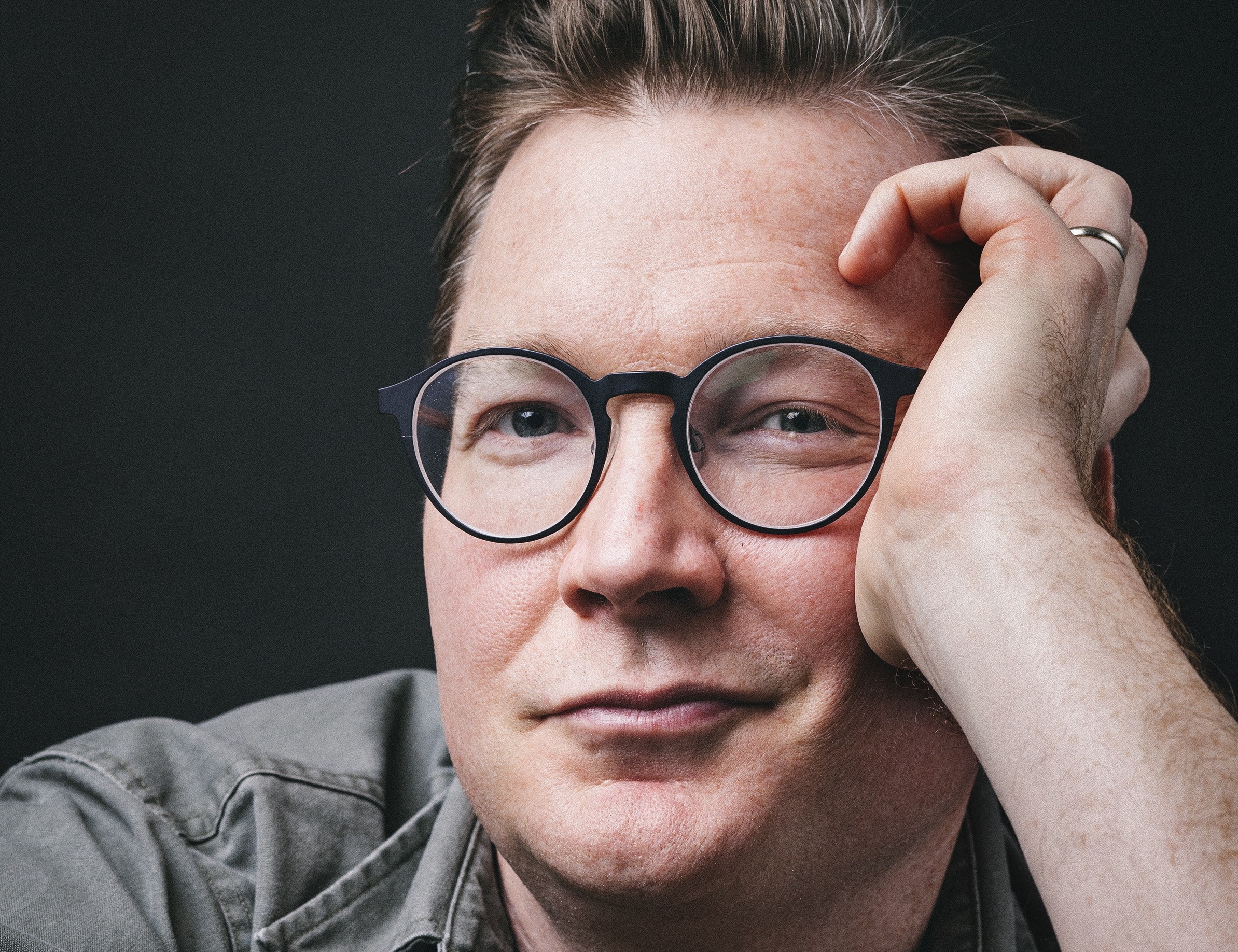Mark Adams is the author of bestselling books Turn Right at Machu Picchu, which Men’s Journal selected as one of the “Fifty Greatest Adventure Books of All Time,” Tip of the Iceberg and Meet Me in Atlantis. His acclaimed history Mr. America was named one of the year’s best books by the Washington Post. His work appears in many national publications, including GQ, Rolling Stone, Outside and the New York Times. He lives near New York City with his family.
How did you get started traveling?
I was a pretty late adopter. I grew up as one of five kids in a middle-class Midwestern family, so most of our trips were taken by station wagon to places like Florida for spring break. I actually became immersed in serious travel writing before I did any serious traveling. Through a fortuitous series of events I snagged an internship at Outside magazine when I was almost 25 years old, which was a little like getting your first look through a telescope and discovering the rest of the universe exists. Almost two more years went by before I finally obtained a passport and took my first international flight.
How did you get started writing?
I’d always written things for fun, short comic sketches and stuff. I helped start a humor magazine in college. Never took a journalism class. I was in graduate school writing long, boring papers about poststructuralism when a light bulb went on over my head—maybe someone would pay me to write the sorts of things I enjoyed writing about rather than this drivel. I never imagined I would publish a book one day, let alone four. Of course, when I got my first byline on some tiny piece in a monthly magazine, I was hooked.
What do you consider your first “break” as a writer?
My whole career has been a series of lucky breaks. A friend met someone who worked at Outside and recommended me for that internship. That credential got me a fact-checking job when I moved to New York. GQ Magazine, where I was a researcher, used to have a contest for unpublished fiction writers, and I entered under a fake name and almost won. Instead of firing me for breaking the rules, the literary editor, novelist Thomas Mallon, went to the boss and basically said, “This kid is talented.”
As a traveler and fact/story gatherer, what is your biggest challenge on the road?
It used to be sleep, which is hard to come by when you’re changing beds every night, as I tend to do on my reporting trips. Nowadays, it’s probably overcoming guilt about flying, which is terrible for C02 levels in the atmosphere. Or maybe it’s calling up the sorts of helpful experts I used to rely on for good background information—local travel councils and chambers of commerce and such—and having to convince them I’m not another Instagram grifter looking for a free vacation in exchange for a selfie.
What is your biggest challenge in the research and writing process?
Child care. I have a disabled son and my wife has a real job (and makes more money than I do), so I’m the primary care provider. Sometimes I’m just getting into a work rhythm when the phone rings and my workday ends.
What is your biggest challenge from a business standpoint?
As someone who used to do a lot of magazine work, it’s the slow, agonizing death of magazines. The mismanagement of the magazine business has been extraordinary to watch—Time Inc. has ceased to exist and companies like Condé Nast are on their knees. I think the upcoming recession will end the newsstand as we know it.
Have you ever done other work to make ends meet?
People are sometimes surprised to hear that I had a long career as a long-form nonfiction editor before I wrote books (until I sold my second book, in fact), which makes me uniquely qualified now as a book doctor. I love taking some other writer’s problematic manuscript and figuring out how to fix it—it’s like doing a gigantic crossword puzzle. I also tended bar when I was starting out.
What travel authors or books might you recommend and/or have influenced you?
God, so many. Off the top of my head: Tim Cahill, Calvin Trillin, A.J. Liebling, Paul Theroux, Redmond O’Hanlon, Eric Newby, Susan Casey. The late Tony Horwitz, whose new book Spying on the South is a masterpiece. Zadie Smith, both fiction and essays, when I want to feel like I’m in London. Andrew Sean Greer’s hilarious novel Less is a great travel book. Candice Millard’s brilliant histories have a strong travel component. Susan Orlean and Michael Pollan get around quite a lot in their books; I’ve cribbed structural ideas from them. I happened to pick up my old copy of Patrick Symmes’s Chasing Che not long ago to look something up and I reread the whole thing, it’s that good. I’ve read Liz Gilbert’s Eat, Pray, Love a couple times, too—there’s a reason that book has sold eight trillion copies, which is that it’s as tight as a new tennis racquet.
What advice and/or warnings would you give to someone who is considering going into travel writing?
Learn to write, first. Find someone who will give you honest feedback and accept it, so that you can improve. It almost sounds stupid, but I get a lot of queries from people who say they want to quit their jobs and do what I do, but what they really mean is they want to travel around the world and meet interesting people and then come back and talk about it on NPR. They have no idea that ninety percent of the work on a narrative travel book happens at your desk.
What is the biggest reward of life as a travel writer?
Sometimes I find myself giggling because I can’t believe people pay me to do this.

